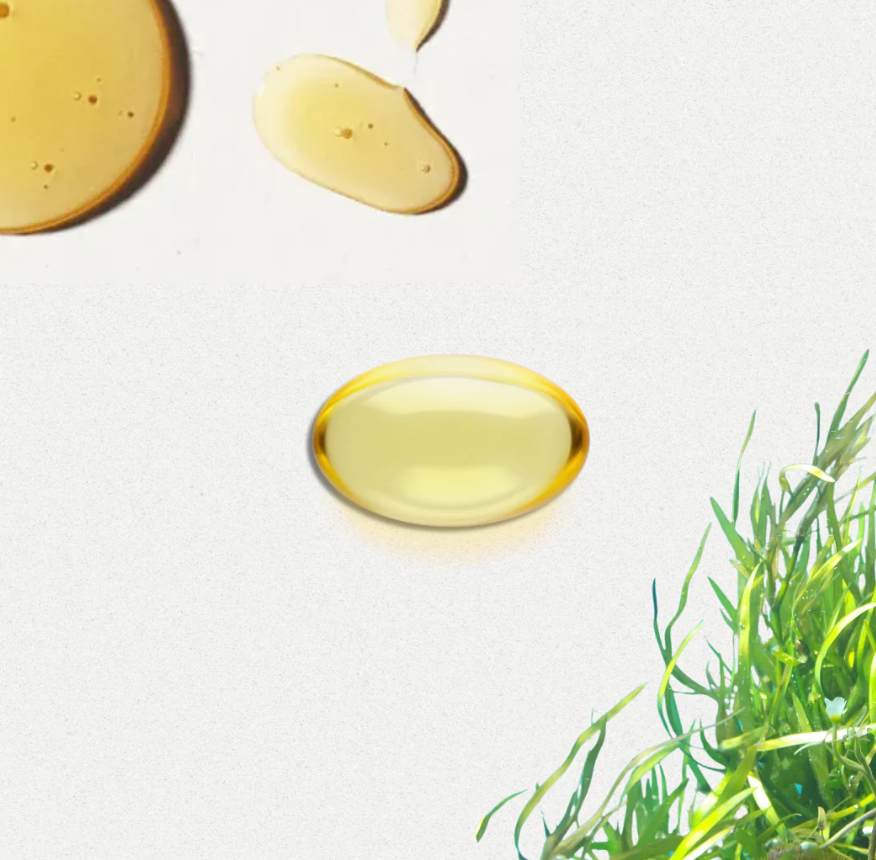
Discovering the Power of Vegan Omega 3: Benefits and Sources
|
|
Time to read 1 min
|
|
Time to read 1 min
Omega-3 is a type of essential polyunsaturated fatty acid, meaning the body cannot produce it on its own. Traditionally associated with fish, there are plant-based sources of omega-3 that are ideal for a vegan diet. This type of omega-3 comes primarily from plants in the form of alpha-linolenic acid (ALA), which the body converts into EPA and DHA, although in a lower proportion than that obtained directly from animal sources.
Cardiovascular Health: Omega 3 helps reduce triglyceride levels and blood pressure, decreasing the risk of heart disease.
Brain Function: Contributes to improved memory and cognitive health.
Eye Health: DHA, a type of omega-3, is crucial for eye health.
Reducing Inflammation: It has anti-inflammatory properties that can help with conditions like arthritis.
Chia seeds: They are one of the richest sources of ALA.
Nuts: In addition to being delicious, they are an excellent source of omega 3.
Flax seeds: They can be consumed whole or in the form of oil.
Canola Oil: An ideal choice for cooking.
Algae and Algae Supplements: These provide EPA and DHA directly, making them an increasingly popular option among vegans.
Incorporation into the Vegan Diet:
Including omega-3 sources in a vegan diet is easier than it seems. From adding chia seeds to smoothies to using flaxseed oil in salads, there are many creative and delicious ways to include it.
Conclusion:
Vegan omega-3 is not only possible, but also a healthy and sustainable option. With a variety of plant sources at our disposal, ensuring an adequate intake of this essential fatty acid is simple and beneficial for vegans and non-vegans alike.